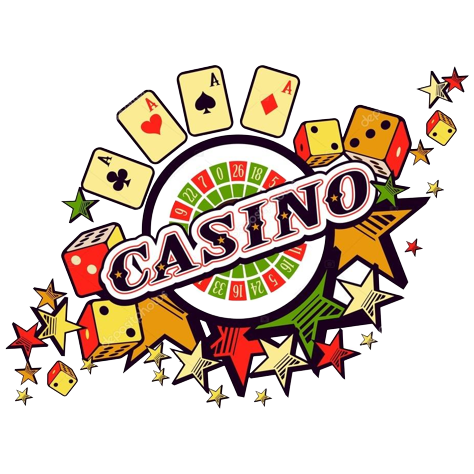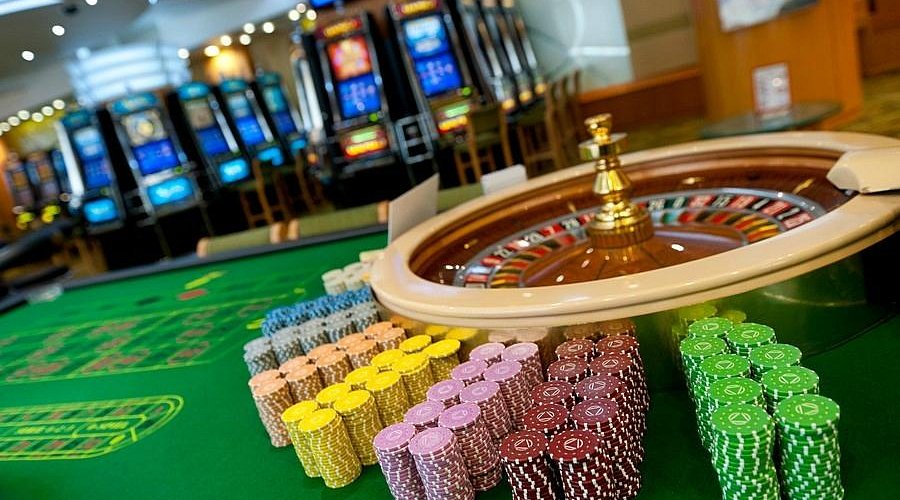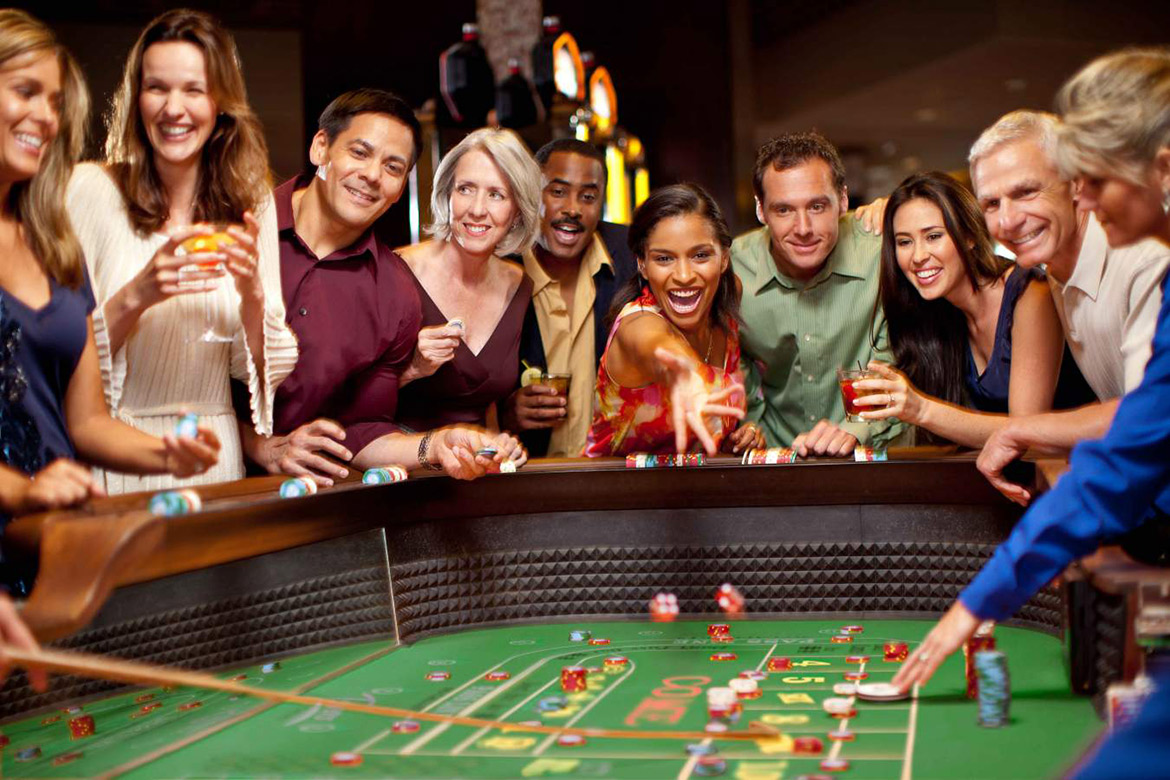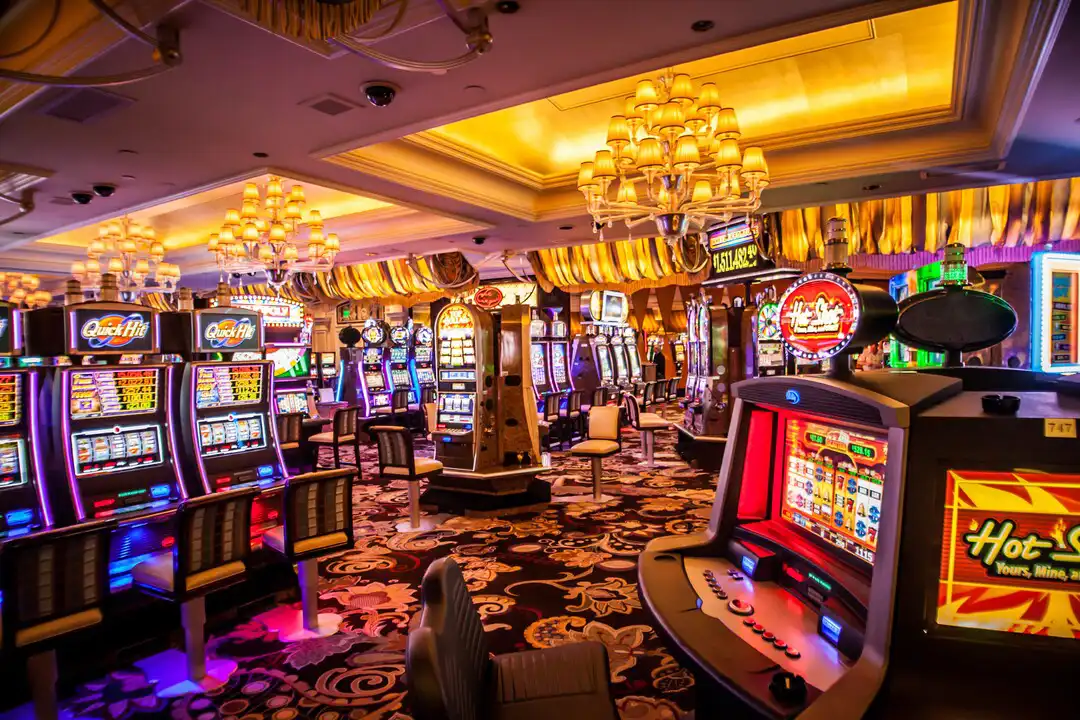For many people, gambling is a form of entertainment – an occasional thrill, a night out, or an adrenaline-fueled spin on platforms like Stake Greece. But for others, the story is more complex. What if winning isn’t about the money? What if the jackpot isn’t about success but about filling a deeper void – an ache of emotional emptiness, a craving for significance, or a temporary release from mental pain?
In this article, we explore the psychology of emotional emptiness in gambling, uncover how and why some people use the thrill of winning as a form of escape, and analyze expert insights into the hidden link between reward-seeking and emotional suppression.
Understanding Emotional Emptiness
What Is Emotional Emptiness?
Emotional emptiness is a chronic sense of internal void – of feeling numb, disconnected, or detached from one’s emotions or purpose. It’s not simply boredom or sadness, but a deeper disconnection from meaningful engagement with life. People experiencing emotional emptiness often seek stimulation to momentarily feel “something.”
The Silent Struggle
Unlike overt mental health disorders, emotional emptiness doesn’t always come with visible symptoms. It hides behind functioning faces and routine behavior. And often, the people experiencing it aren’t even fully aware – they just know they feel off, restless, or insatiably bored.
Gambling as a Coping Mechanism
Why Gambling?
Gambling provides a unique kind of emotional stimulus: immediate, unpredictable, immersive. The suspense of not knowing the outcome, the hope of hitting it big, and the flood of dopamine when a win occurs – these are highly effective distractions from inner emptiness.
Winning as a Temporary Cure
For those struggling emotionally, winning becomes less about financial gain and more about momentary relief. It validates the gambler’s existence, offers a surge of pleasure, and creates a powerful (if fleeting) sense of control and fulfillment.
Losing Still Feels Better Than Numbness
Even losing provides stimulation – frustration, tension, and urgency – which may feel better than the chronic emotional flatness of emptiness. Gambling becomes a rollercoaster some people ride just to feel alive.
How Online Casinos Amplify the Experience
Constant Accessibility
Platforms offer gambling 24/7. For someone trying to escape emotional discomfort, this provides a nearly limitless outlet. The ease of logging in and engaging without judgment makes online casinos uniquely dangerous for emotionally vulnerable players.
Personalization and Targeted Incentives
Modern platforms track user behavior and send targeted bonuses and notifications. When emotional gamblers show patterns of withdrawal or impulsive betting, algorithms may feed their urge with timed promotions.
Isolation and Secrecy
Online gambling allows users to indulge in private. Unlike physical casinos, where behavior is somewhat moderated by public presence, online spaces offer anonymity, which supports compulsive use.
Expert Psychological Insights
Neuroscience of Reward and Emptiness
Experts in neuropsychology explain that emotional numbness is often tied to diminished activity in the brain’s reward centers. Gambling artificially stimulates these areas with surges of dopamine, compensating temporarily for emotional flatness.
Trauma and Dissociation
Many who experience emotional emptiness have histories of trauma, loss, or neglect. These individuals may dissociate (detach from emotions) as a coping mechanism. Gambling helps override this detachment through high-stimulation experiences.
Cognitive Dissonance
Gambling creates internal conflict. On one hand, the gambler may feel guilty or ashamed; on the other, they crave the relief. This dissonance can lead to even more compulsive behavior to escape the guilt itself.
Real-World Narratives
“I Just Wanted to Feel Something”
A player recounts how after a breakup and career stagnation, logging into casino became a ritual. “Even when I lost, at least I wasn’t numb anymore. The tension was better than nothing.”
“The Win Was Never About the Money”
Another gambler shares that hitting a jackpot brought joy, not because of the cash, but because “it made me feel noticed by the universe. Like something finally went my way.”
“It Became My Emotional Outlet”
For many, gambling isn’t about escape from reality, but about escape from emotional absence. It becomes the primary way to feel highs and lows when all else seems gray.
The Danger of Escalation
Chasing the Emotional High
As with substance use, tolerance builds. What once brought emotional relief no longer works. Gamblers start betting more, playing longer, and taking greater risks to achieve the same psychological effect.
Financial and Social Fallout
Eventually, the emotional rewards are overshadowed by real-world consequences. Debt, isolation, and relationship strain often follow. Unfortunately, these outcomes may worsen the underlying emotional emptiness.
Compulsive Patterns
Gambling rooted in emotional need is harder to stop. Unlike financial or entertainment-driven players, emotionally driven gamblers often relapse even after significant losses because the core issue remains unresolved.
Breaking the Cycle
Awareness and Acknowledgment
The first step is recognizing that the urge to gamble may stem from emotional need rather than entertainment. Reflecting on what gambling really satisfies can be eye-opening.
Seeking Emotional Fulfillment Elsewhere
Therapy, creative expression, exercise, or deepened social connections can help replace gambling as a primary source of emotional stimulation.
Professional Support
Licensed therapists, particularly those trained in addiction and trauma, can help individuals reconnect with their emotional selves and build resilience against compulsive behavior.
Tools on Gambling Platforms
Casino often provide responsible gaming tools – limits, timeouts, and self-exclusion features. Using these consciously can create space to reflect and seek healthier coping mechanisms.
Prevention and Community Response
Education on Emotional Triggers
More education is needed around the emotional drivers of gambling. Campaigns that focus only on financial risks miss a critical dimension of the issue.
Peer Support and Shared Stories
Support groups like Gamblers Anonymous help reduce the shame associated with emotional gambling. Hearing others articulate similar feelings can reduce isolation and encourage recovery.
Platform Responsibility
Casinos should recognize patterns of compulsive or emotion-driven gambling and prompt support interventions rather than promotions. Behavioral analytics can be a tool for care, not just retention.
Conclusion: Beyond the Jackpot
Winning isn’t always about the prize. For many, especially those dealing with emotional emptiness, gambling represents something more primal – a lifeline to feeling, a break from the numbness, a substitute for lost connection or purpose.
Platforms are neutral tools; they provide experiences shaped by how and why we use them. Understanding the emotional motives behind gambling is the first step toward healthier engagement – or stepping away altogether.
Because in the end, the most meaningful win may not be at the table – but in reclaiming a life full of real emotional presence and joy.



